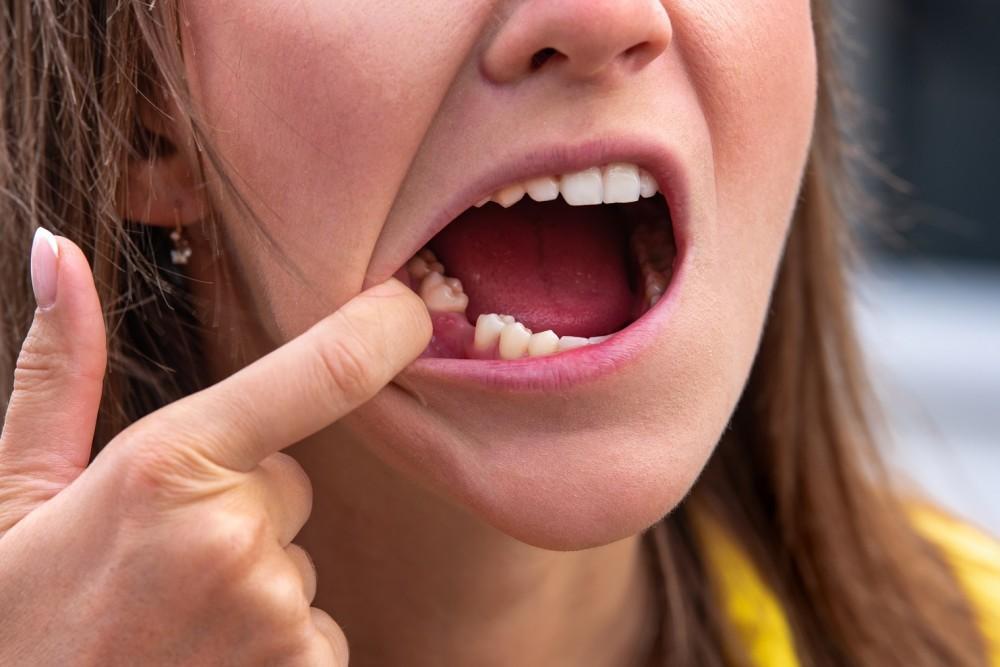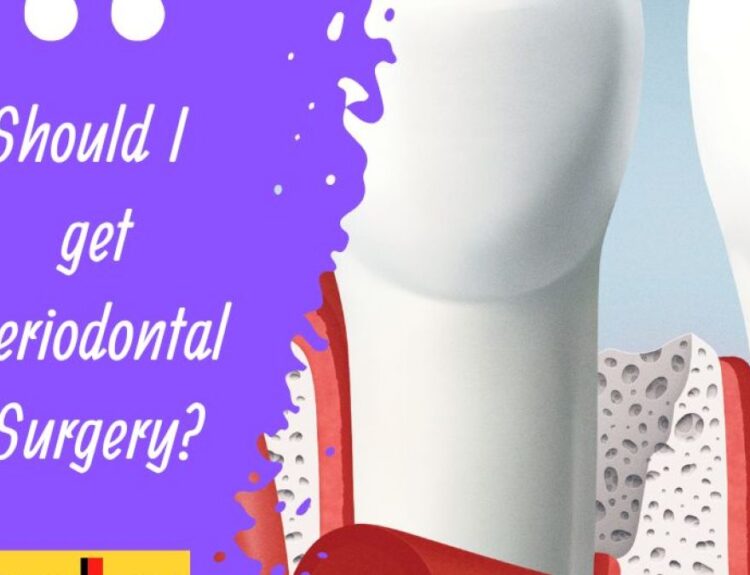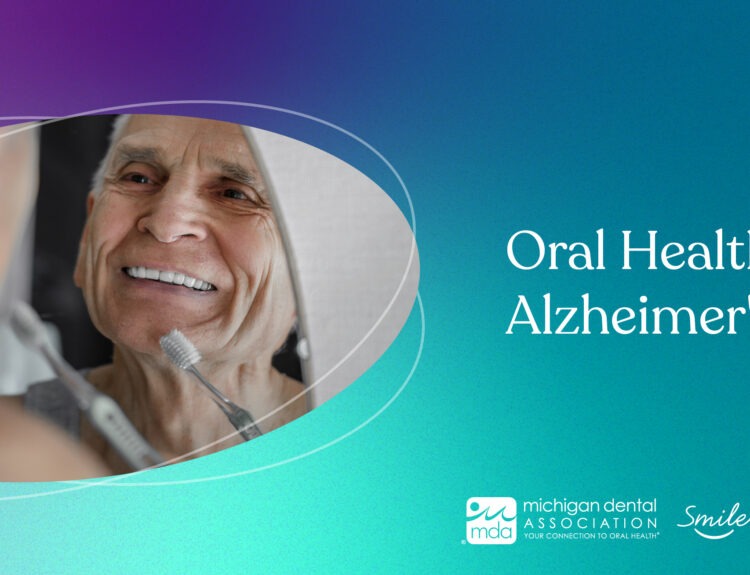Immature adult tooth loss can be a disheartening experience, affecting not just your smile but also your ability to chew and speak properly. While losing teeth is generally associated with old age, many people experience tooth loss in quite young ages. Understanding the underlying causes is the first step toward prevention and preserving your natural teeth for as long as possible
Gum Disease (Periodontitis)
Without a doubt, gum disease is the leading cause of tooth loss in adults. It is an infection of the tissues that hold your teeth in place, often starting subtly with swollen or bleeding gums (Gingivitis) and progressing to severity of Periodontitis.
The primary trigger is plaque, a sticky film of bacteria that constantly forms on your teeth. If not removed by regular brushing and flossing, plaque hardens into tartar (calculus), which look ugly and can only be removed by a dental professional. Tooth brush fails to remove calculus. The bacteria in plaque irritate the gums, causing inflammation. This inflammation leads to the formation of “pockets” between the teeth and gums. These pockets become breeding grounds for more bacteria, and the infection spreads, destroying the bone and connective tissue that support your teeth. As the supporting structures weaken, teeth become loose and eventually fall out or need to be extracted.
Tooth Decay (Cavities)
While seemingly less dramatic than gum disease, extensive tooth decay can also lead to early tooth loss. When you consume sugary or starchy foods and drinks, bacteria in your mouth produce acids that break continuity of tooth enamel. This leads to cavity formation in your teeth. If a cavity is left untreated, the decay penetrates deeper into the tooth, reaching the pulp (the innermost part containing nerves and blood vessels). This can cause severe pain, infection, and eventually, the need for a root canal treatment or extraction. Large cavities weaken the tooth structure to the point where it fractures, making it irreparable and necessitating removal.
Trauma and Injury
Sudden blows or accidents cause immediate and irreparable damage to teeth, leading to immature adult tooth loss.
- Sports Injuries: Contact sports without proper mouthguards are a common cause of chipped, fractured, or knocked-out teeth.
- Falls and Accidents: Accidental falls, car accidents, or other traumatic events also lead to severe dental injuries.
- Cracked Teeth: Biting down on something hard and extreme temperature changes lead to cracks in teeth, which, if deep, result in tooth loss.
Teeth Grinding
Chronic teeth grinding or clenching, generally stress-related and occurring during sleep, puts immense pressure on your teeth and jaw. It wears down tooth enamel, making teeth more susceptible to sensitivity. The constant force can lead to cracks or fractures in teeth, sometimes even damaging existing dental restorations. Teeth Grinding also contributes to jaw pain, headaches, and jaw joint (TMJ) disorders. In severe cases, the damage to the teeth can be so extensive that extraction becomes necessary.
Other Contributing Factors
- Poor Oral Hygiene: This underpins most of the causes mentioned above. Infrequent or ineffective brushing and flossing allow plaque and tartar to accumulate, fostering decay and gum disease.
- Smoking and Tobacco Use: Smoking significantly increases the risk of gum disease and can hinder its treatment. It also compromises the immune system, making it harder for the body to fight off oral infections.
- Systemic Diseases: Certain medical conditions, such as diabetes, weakens the immune system and make individuals more prone to gum disease. Osteoporosis can also affect bone density in the jaw, potentially contributing to tooth loss.
- Nutritional Deficiencies: A diet lacking essential vitamins and minerals, particularly Vitamin C and Calcium, can affect gum health and bone strength.
- Genetics: While not a direct cause, some individuals may be genetically predisposed to certain oral health issues, including gum disease.
- Poorly Done Dental Work: Old fillings, ill-fitting dentures, crowns, or bridges can create spaces where bacteria can accumulate, leading to further decay or gum problems.
Prevention
The good news is that most cases of early adult tooth loss are preventable. Adopting good oral hygiene habits and making regular dental visits a priority, you can significantly reduce your risk.
- Brush twice a day with toothpaste.
- Floss daily.
- Visit your dentist for regular check-ups and professional cleanings
- Eat a balanced diet and limit sugary snacks and drinks.
- Avoid smoking and excessive alcohol consumption.
- Wear a mouthguard during sports if applicable.
- Address teeth grinding issues with your dentist.
Read our full disclaimer.



